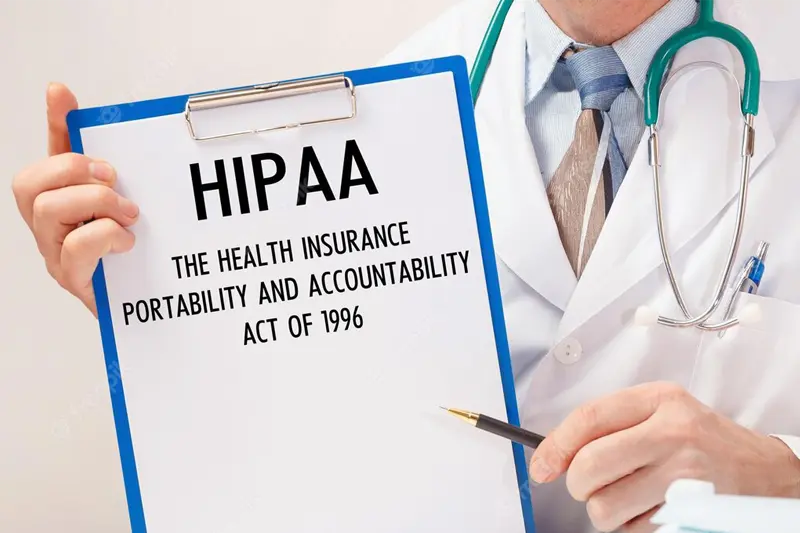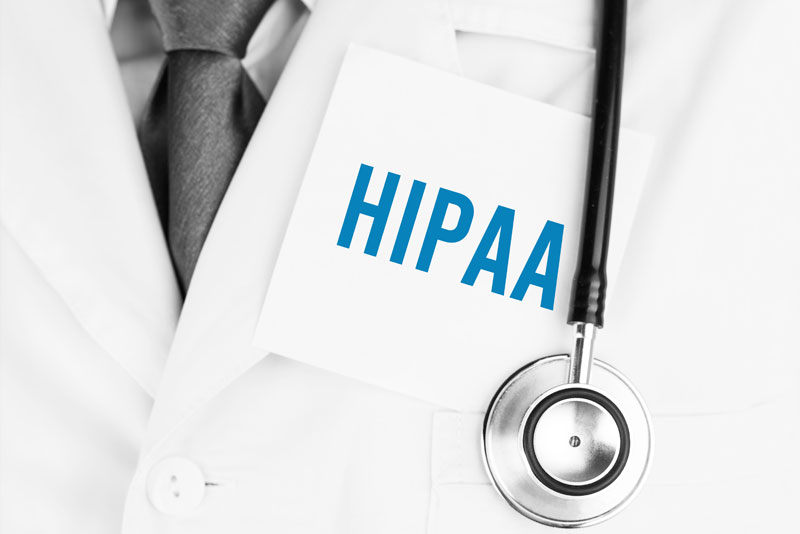
Patient Privacy is a top concern in health care. With the growing digitization of practices and healthcare organizations, it is essential for physicians and medical transcription companies to stay informed about the Privacy, Security, and Breach Notification requirements of the Health Insurance Accountability and Portability Act (HIPAA). These requirements play a crucial role in safeguarding the confidentiality of patients’ medical information. Patients have the right to control the sharing of their health information, including determining the specific aspects they wish to disclose. Additionally, any individual or entity seeking access to a patient’s highly sensitive medical data must adhere to both federal and state regulations on patient privacy. HIPAA violations can result in serious penalties.
Importance of Confidentiality of Patient Information
The physician-patient relationship is based on trust and confidentiality is central to this. Patients routinely share personal information with healthcare providers. Physicians have legal and ethical obligations to protect patient information from improper disclosure — disclosure of protected health information (PHI) to any person who is not authorized to see it.
Maintaining the privacy and security of health information is critical for several reasons:
- Build trust: Maintaining patient confidentiality is crucial for fostering trust in the healthcare system. When patients feel assured that their personal information will be kept confidential, they are more likely to seek necessary medical assistance and provide accurate and honest information to healthcare providers. Without the assurance of confidentiality, patients may hesitate to seek help or may withhold crucial information, potentially compromising the accuracy of diagnoses and treatment plans. Granting patients control over the timing and extent of information shared reinforces their confidence in the healthcare process and encourages open communication between patients and physicians.
- Protect against discrimination: Maintaining the privacy and security of health information is important to protect patients against discrimination based on their health conditions.
- Support access to appropriate care: Patients may discuss personal and sensitive matters with their healthcare providers. Confidentiality is necessary to encourage patients to seek appropriate care without fear of judgment, allowing for accurate diagnosis and appropriate treatment to ensure access to appropriate care.
- HIPAA compliance: HIPAA rules basically define physician commitments to protect the confidentiality of their patients’ medical information.
Thus, patient confidentiality is cornerstone of the patient-provider relationship and contributes to the overall quality of healthcare delivery.
HIPAA and Patient Confidentiality
HIPAA rules enforce established physician commitments to protect the confidentiality of their patients’ medical information and maintain open physician-patient communication. The key components of the HIPAA Rule are as follows:
- Privacy Rule: The HIPAA Privacy Rule establishes national standards to protect individuals’ medical records and other personal health information (PHI). It outlines how healthcare providers, health plans, and healthcare clearinghouses must handle and safeguard PHI, including limitations on its use and disclosure.
- Security Rule: The HIPAA Security Rule sets standards for the security of electronic PHI (ePHI). It requires covered entities and business associates to implement administrative, physical, and technical safeguards to protect the confidentiality, integrity, and availability of ePHI.
- Breach Notification Rule: The HIPAA Breach Notification Rule mandates that covered entities and business associates notify affected individuals, the U.S. Department of Health and Human Services (HHS), and, in some cases, the media, in the event of a breach of unsecured PHI. The rule outlines the steps and timeline for reporting breaches.
- Minimum Necessary Rule: The Minimum Necessary Rule requires covered entities to reasonably limit the use, disclosure, and requests of PHI to the minimum necessary for a particular purpose. This means that only the minimum amount of PHI necessary to accomplish the intended purpose should be accessed or disclosed.
- Business Associate Agreements (BAAs): Covered entities must have written agreements, called Business Associate Agreements, with their business associates (such as medical transcription service providers). These agreements outline the responsibilities of the business associates in protecting PHI and complying with HIPAA regulations.
- Individual Rights: HIPAA grants certain rights to individuals regarding their PHI. These rights include the right to access and obtain copies of their medical records, request amendments to their records, and receive an accounting of disclosures of their PHI.
- Enforcement and Penalties: HIPAA is enforced by the HHS Office for Civil Rights (OCR). Violations of HIPAA can result in civil and criminal penalties, depending on the severity and intentionality of the violation. Penalties can include fines, monetary settlements, and even imprisonment.
Understanding these basic rules is crucial for healthcare providers, health plans, business associates, and anyone handling PHI to ensure compliance with HIPAA regulations and protect individuals’ privacy and security of their health information.
Outsourcing Medical Transcription – Choose a HIPAA Compliant Service
Since they handle protected health information (PHI) on behalf of healthcare providers who need to comply with HIPAA, medical transcription companies qualify as “business associates” under HIPAA regulations. Organizations that outsource medical transcription should carefully evaluate their business associate for HIPAA compliance. For instance, psychiatrists that utilize outsourced mental health transcription services should make sure their service provider is HIPAA compliant to protect the privacy and confidentiality of patients’ mental health information.
Here are the key factors to consider when evaluating a medical transcription company for HIPAA compliance:
Firstly, review the business associate agreement (BAA) between your practice and the medical transcription company. Make sure that the agreement outlines the company’s responsibilities regarding PHI protection, breach notification, and compliance with HIPAA regulations.
The next step should be to assess the company’s security measures and safeguards for protecting PHI. A HIPAA compliant medical transcription service will have proper administrative, physical, and technical safeguards, such as access controls, encryption, employee training, and disaster recovery plans.
Verify the transcription company’s history and reputation regarding data breaches or compliance violations. Check for past incidents or regulatory actions that signal a lack of HIPAA compliance.
Evaluate the company’s policies and procedures for handling PHI, including data retention, disposal, and breach response. Make sure they have documented processes in place to comply with HIPAA requirements.
Finally, check whether the company conducts HIPAA compliance training for all its employees and also regular audits and risk assessments to identify and mitigate potential vulnerabilities and breaches.
By thoroughly evaluating these aspects, you can make an informed decision regarding a medical transcription company’s HIPAA compliance and their ability to safeguard PHI. Such evaluation plays a key role in reducing your practice’s risk of violations that can lead to significant penalties.


